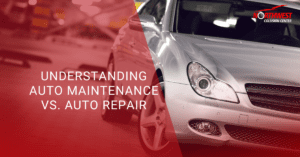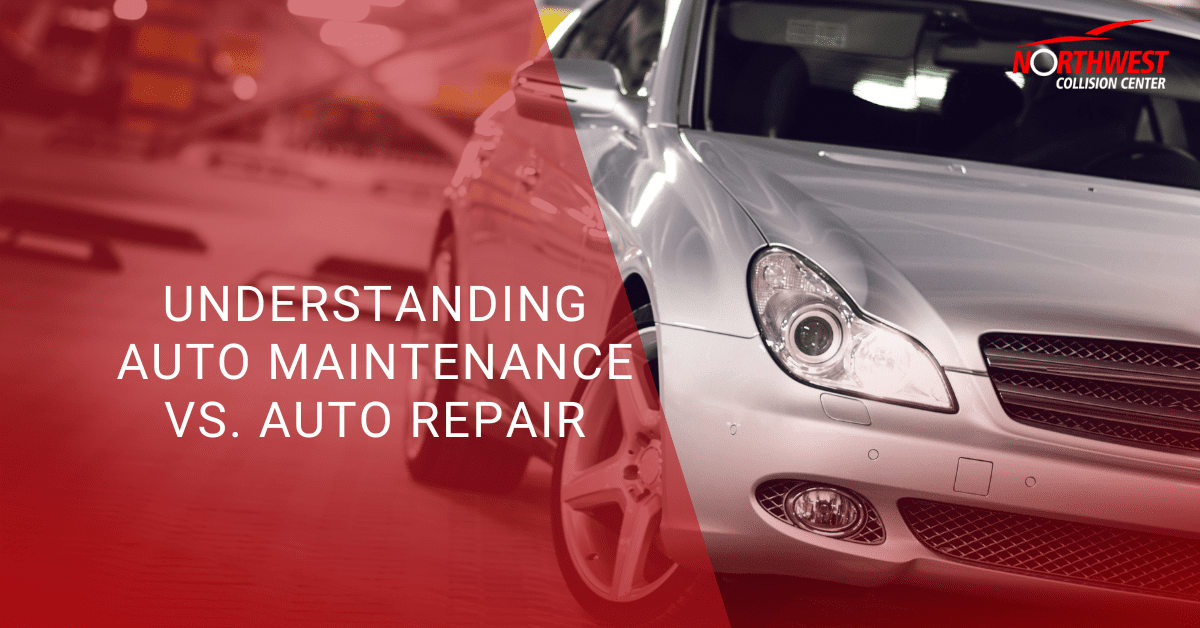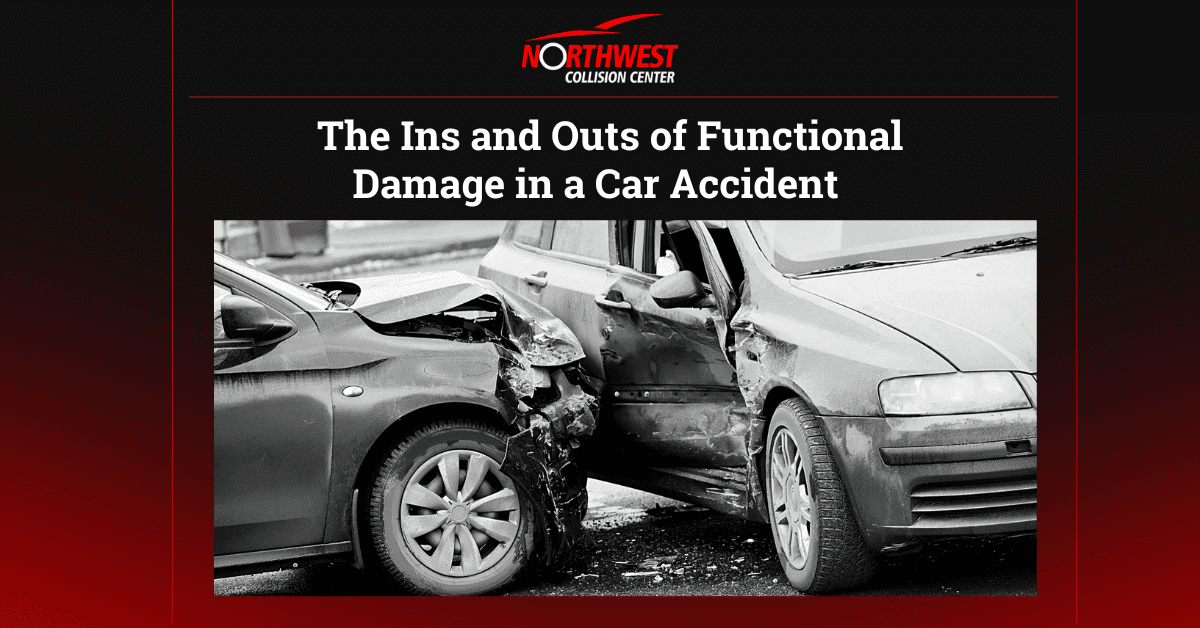Regular maintenance of your vehicle is a way of ensuring that it remains safe, reliable, and fuel-efficient. However, vehicle maintenance becomes especially critical during the summer months, considered by many as the travel season. Even though gasoline prices continue to soar, people still cannot resist the appeal of the open road and sunny skies. Thus, they end up driving their cars over long distances when summer is at its peak.
While it is normal to prepare your vehicle for winter, it is also important to keep it in good condition throughout the summer. In particular, you should have a summer maintenance checklist that will serve as reference before taking your car on a long and extended trip.
Car Parts Impacted by Summer Heat
The blistering heat of the summer sun has a serious and real impact on your car, but you might not realize this. It can affect everything from your engine and battery to the cooling system, but several car maintenance tips for summer say that four areas need to be checked closely when summer is at its hottest. They are as follows:
1. Air Conditioning System
It’s true, vehicles perform better when there is colder air. That’s because cold air is denser, allowing your car to absorb more oxygen so it can keep high horsepower.
During summer, your air conditioning will play a crucial role in your vehicle’s performance. It is thus important to use your A/C efficiently, and be especially mindful of the quality of air that comes in. Remove any pollutants that may have built up in the cabin air filter to make your A/C system more efficient.
2. Car Engine
Keeping your car engine cool will make summer driving safe and fun, and you can do this by inspecting the belts and hoses. The latter, which connects to the radiator or engine, is vulnerable to cracks and leaks. They should not be soft or malleable, but must remain firm upon inspection.
With the belts, visual inspection should involve checking for smoothness or slickness. They should not appear as if they are separating into layers, but if they do, remove the belt for further inspection.
3. Car Battery
It is important to inspect your car’s batteries once a year. This is especially true if they have been in use for more than two years. As temperatures rise, they can cause battery fluid to evaporate more quickly, eventually leading to vehicle breakdown.
4. Tires
Summer is the best time to go on a road trip, but if you don’t check your tires before you leave or while you travel, you could end up with a flat. Properly inflated tires can mean driving over long distances in safety. However, the heat of the pavement in summer can increase your chances of an unexpected pit stop.
Routinely checking your tires every month is the best way to prevent any type of tire blowout. In summer, a pressure gauge is one useful tool that will help ensure that your tires are properly inflated.
5. Car Fluids
It is important to check the fluids for your oil, windshield washer, and power steering as they all work together in keeping the car engine from overheating. During the hot months, these fluids tend to evaporate or become thin, but a regular checkup can prevent this from happening.
Car Maintenance Tips for Summer
It’s always best to have yourself and your car prepared for the summer, especially if you have plans for long road trips. Below are 11 essential car tips for you to consider this summer:
1. Change the Oil and Filter
One of the easiest ways to prolong the life of your car is to have your oil and filter changed. Oil lubricants protect your engine from wear and tear while the filter removes contaminants from your car’s oil.
The general recommendation is to change your oil after your vehicle registers 5k miles of travel. Alternatively, you can look up at the maintenance guidelines provided by your car manufacturer and refer to the section on how to change oil.
2. Check the Tire Air Pressure
The sign to look out for is whether the tire pressure is too low or too high. For passenger cars, the recommended tire pressure is between 30 and 35 PSI (pounds/square inch), but for more accurate information, it’s best to refer to your car owner’s manual.
Improper tire pressure can lead to a tire blowout which can be scary if you have yet to experience it. This is where your diligence in checking the air pressure in your tires acquires greater significance, but it should not stop there. The pressure of your spare tire should also be inspected as it will come in handy in case you suffer a flat while on a road trip.
3. Test the Air Conditioning System
Make sure that you have a car AC system that works when the temperatures begin to rise. This is because some air conditioning units refused to work if they were not used during the cold season. As part of your summer car maintenance plan, turn the AC system on before the hot months begin to see if it’s still working.
4. Test the Brakes
Actually, checking the brakes should regularly be done throughout the year, and not just in summer. When doing so, listen out for any squealing or growling sound, or any sign of poor stopping performance.
Brake pulling should be looked into as well. This is when your vehicle pulls off one way when you press the brake pedal. If this happens, it’s a sign of poor brake performance and many car tips will tell you that your vehicle should be taken to the auto shop to get the problem resolved.
5. Check Engine Fluid Levels
Low engine fluids often takes place during the hot summer months. The rise in temperatures causes these fluids to either thin out or evaporate quickly, so part of your summer maintenance checklist should be to work on topping-off your transmission, power steering, coolant, and windshield wiper fluids when summer arrives.
6. Rotate the Tires
Rotating your tires regularly can increase their life expectancy. Since not all of your tires will receive the same amount of wear, using them rotationally is a good way of extending their usefulness. Per many car maintenance tips, rotating your tires once for every 3,000-5,000 miles of car travel is ideal.
7. Clean or Replace the Air Filters
Air filters play an important role in your car’s cooling system, especially during the summer. They prevent pollutants from entering a vehicle’s vents, but as they age, they will begin causing problems for your air conditioner system.
The cost of replacing your entire AC unit can be costly, so it’s important that you maintain your air filter quality by cleaning the filter either once every 12 months, when your car registers 12,000 miles of travel, or as often as you can.
8. Replace the Wipers
Visibility is an important element, especially when you’re seated behind the wheel. However, this can be impaired during summer because of dust, pollen particles, and even the sun’s glare.
To ensure visibility, check if your windshield wipers are still in good condition. Many car maintenance tips, however, will likely say that they should be replaced or examined at the start of every season to see if they have incurred any damage.
9. Check the Car Temperature
Every vehicle in the world has a built-in cooling system that removes heat from the engine in order to maintain the proper temperature. The temperature gauge, coolant, hoses, and a radiator normally make up this cooling system.
The temperature gauge determines if the coolant level in your vehicle’s engine is normal, cold, or exceedingly hot. As this is a crucial instrument, especially when you’re driving, you need to make sure that it’s completely functional before making any summer road trip plans.
10. Shaded Car Parking
Shaded spots are perfect places for car parking especially in summer. They can provide your vehicle with a natural way of performing summer car maintenance by preventing the exterior paint from being unduly damaged by the sun’s rays.
Window shades are excellent alternatives if you’re unable to locate a shaded parking space. They effectively block UV heat and keep your car’s interior from becoming too hot.
Contact Northwest Collision Center for Your Summer Car Maintenance Needs
For your annual summer vacation, you’ll need to have your vehicle properly inspected to ensure a fun and safe trip for you. Northwest Collision Center will gladly provide this service at a top-notch level.
If your car needs repair before your summer trek, our Auto Body Repair in Largo, FL is the perfect choice. For all other repair requirements, call us today so we can discuss with you our full range of services.










